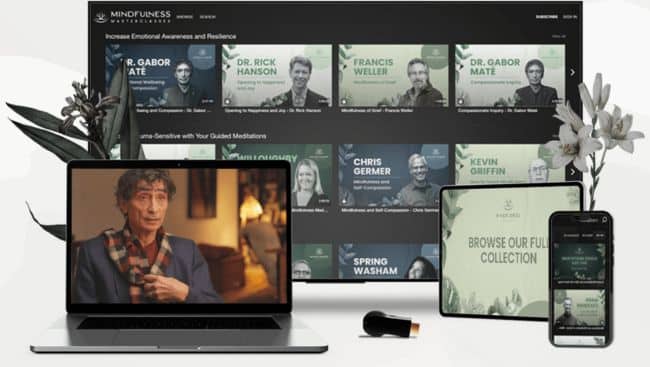James Baraz talks about working with the judging mind on meditation practice. Sometimes the best ones who can perform deep meditation are the worse ones.
Download this Audio Meditation for Free, Just Enter Your First Name and Email Address:
When developing a mindfulness practice to help manage feelings of anxiety, practicing non-judgment is paramount. It is a foundation of mindfulness and it helps us to open up to whatever our experience is. Rather than denying, invalidating, or pushing aside any feelings, we allow ourselves to come face to face with them. We give them space to breathe so that they can then be released.
We may not be aware of it, but judgment is largely entwined with anxiety. When we feel anxious, chances are, our judging mind is assessing the situation to be threatening (whether the threat is real or perceived). This guided meditation can help us to investigate the judgment we carry within us so that we can then release it. By naming (or labeling) the presence of aversive judgment within us, we have a greater say over the level of control it has.
Download this Audio Meditation for Free, Just Enter Your First Name and Email Address:
More from: James Baraz














